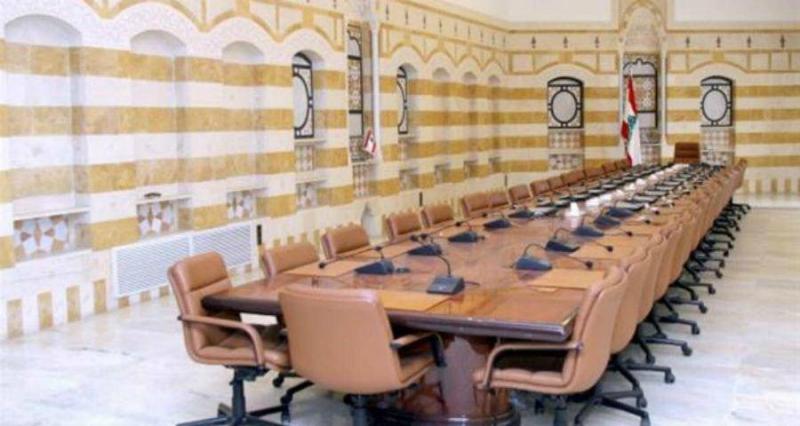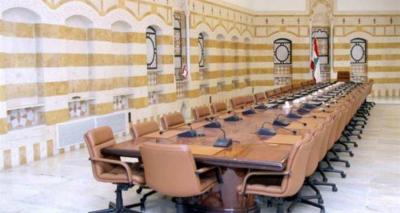French Foreign Minister Jean-Yves Le Drian confirmed today, Monday, that there is a "European political consensus to impose sanctions against Lebanese parties before the end of this month." Le Drian stated after a meeting of EU foreign ministers in Brussels, "We have long urged the Lebanese authorities to form a government and start reforms," but they have not responded. He added, "We have reached a political agreement to establish a legal framework for imposing sanctions. This legal framework will be ready before the first anniversary of the Beirut port explosion on August 4."
Le Drian explained that these sanctions are "a tool to pressure the Lebanese authorities to form a government and start a reform process." In this context, correspondents from Al Arabiya and Al Hadath channels reported the existence of "European political consensus on establishing the legal framework for sanctions against Lebanese parties."
The Lebanese economic and political crisis was present during the EU foreign ministers' meeting in Brussels today. Our correspondent in Brussels confirmed before the meeting that "the options paper regarding Lebanon includes sanctions against Lebanese parties." A senior diplomat told our correspondent that "the situation in Lebanon is on the brink of collapse." The diplomat did not rule out imposing sanctions on politicians hindering efforts to form the Lebanese government, should there be a general consensus on this measure during the European meeting.
For his part, EU foreign policy chief Josep Borrell told Al Arabiya and Al Hadath that he "does not anticipate a political agreement today on sanctions regarding Lebanon," but warned that "the situation in Lebanon has not improved since my last visit." Meanwhile, Luxembourg’s Foreign Minister Jean Asselborn remarked to Al Arabiya and Al Hadath that "the situation in Lebanon is complex... and the discussion about sanctions is not yet concluded in Europe."
Lebanon is witnessing regional and international efforts aimed at ending the current political stalemate that exacerbates the ongoing economic crisis in the country. In this context, a French presidential envoy will arrive in Beirut tomorrow, Tuesday, to discuss aid for the Lebanese people and to follow up on the Beirut port case and reconstruction efforts.
On Wednesday, a delegation from the International Monetary Fund will arrive in Lebanon to discuss ways to disburse "accumulated contributions" that Lebanon has paid to the fund and will be returned to it. On Thursday, Prime Minister-designate Saad Hariri is set to meet with Egyptian President Abdel Fattah el-Sisi in Egypt based on a meeting that was postponed two weeks ago.
Lebanon is facing a political crisis due to the inability of political parties to agree on forming a new government under the leadership of Saad Hariri following the resignation of the previous government led by Hassan Diab after the Beirut port explosion last August. Furthermore, Lebanon is undergoing a severe financial and economic crisis. The World Bank has estimated that Lebanon's ongoing crisis, which has lasted for more than a year and a half, is among the three worst crises in the world since 1850.




